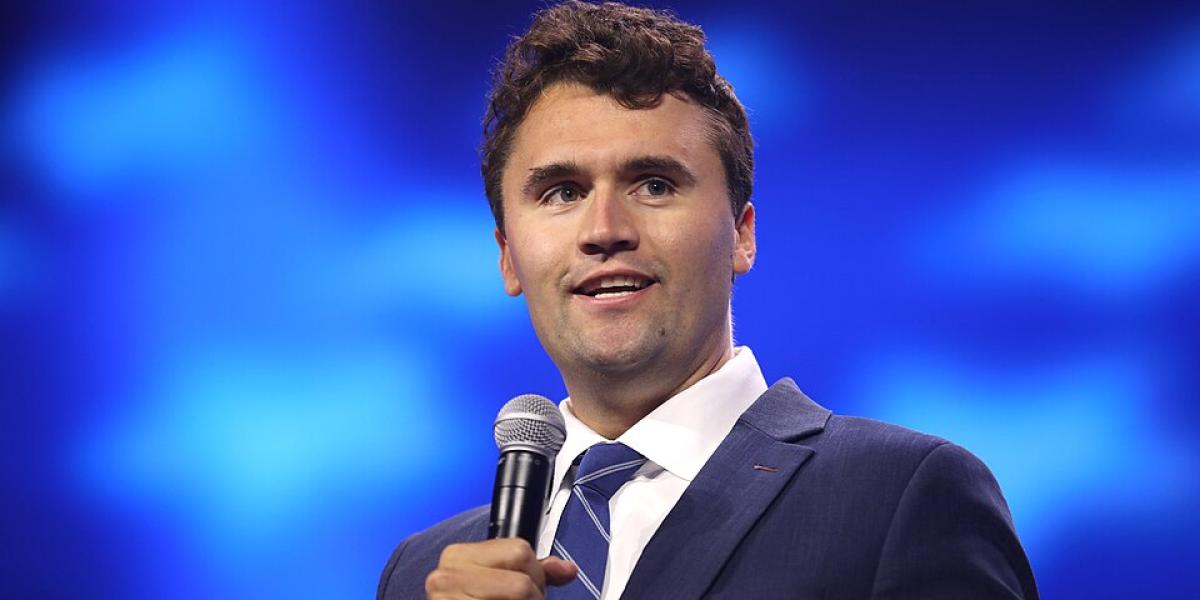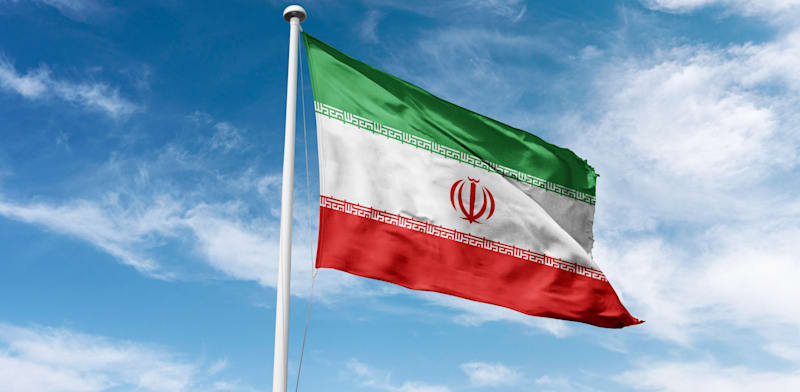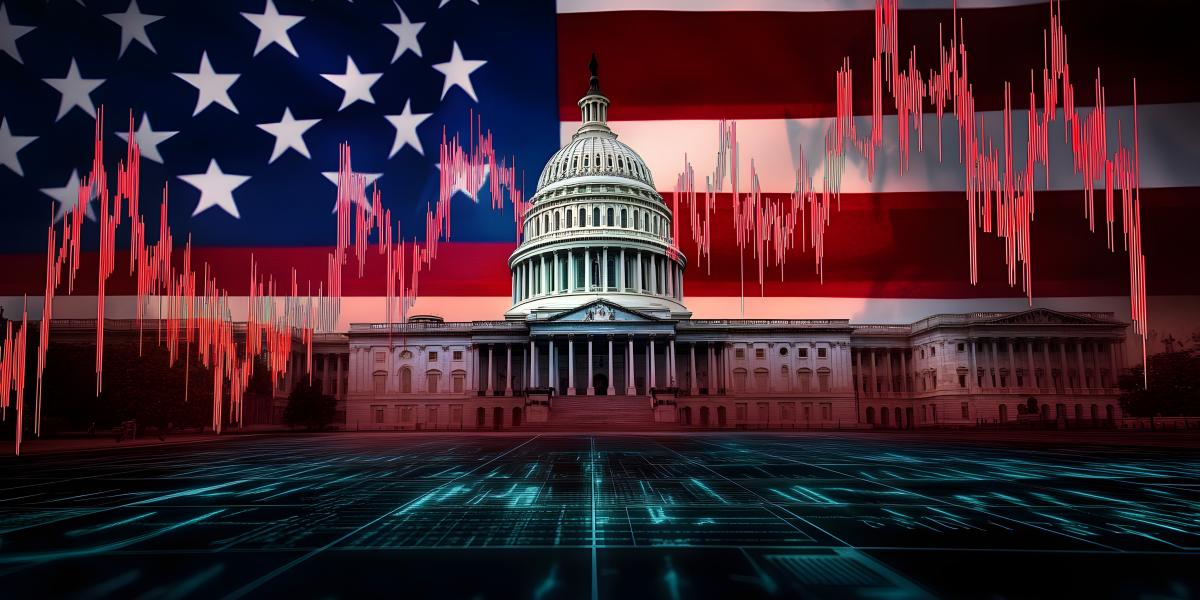Yves here. This piece explains how the current crop of tech squillionaries is less inclined to set up family dynasties to than their super rich predecessors, but are resorting to other methods to preserve their influence over time.
By John P. Ruehl, an Australian-American journalist living in Washington, D.C., and a world affairs correspondent for the Independent Media Institute. He is a contributor to several foreign affairs publications, and his book, Budget Superpower: How Russia Challenges the West With an Economy Smaller Than Texas’, was published in December 2022. Produced by Economy for All, a project of the Independent Media Institute
Few billionaires, including those in President Donald Trump’s Cabinet, wield as much influence as the tech moguls who shadowed him at his inauguration. Elon Musk, now one of the president’s closest allies, is overhauling the federal government at Trump’s request, which will no doubt secure future government funding for Musk’s companies. Trump’s recent dismissals of Federal Trade Commissioners critical of Amazon were meanwhile interpreted as friendly nods to Jeff Bezos, who pulled the Washington Post’s endorsement of Kamala Harris in the 2024 election.
America’s four richest people—Musk, Bezos, Mark Zuckerberg, and Larry Ellison—all in tech, have aligned themselves with Trump to varying degrees. While politically motivated, they must also navigate the entrenched power of America’s old money, as historically, new wealth has often clashedwith established elites. Today’s tech billionaires certainly hold immense power, but their positions may still be more precarious than those of enduring dynasties from different eras and industries.
For generations, the country’s wealthiest families have maintained their dominance by embedding their businesses within the nation’s economic foundations while keeping wealth in the family. Tech billionaires are following suit, but rather than simply passing wealth down to their heirs, they are exploring new financial and legal structures to secure their fortunes. Like the philanthropic efforts of the Gilded Age, these initiatives may appear benevolent but are ultimately designed to consolidate power, both during Trump’s second term and long after.
The Evolution of America’s Ultra-Rich
Though the nation’s founders rejected aristocracy, a landowning elite quickly emerged from former British colonialists. But as immigrants arrived—free from the constraints of a privileged nobility in Europe—new entrepreneurs quickly monopolized key industries. They and their heirs preserved their corporate empires by proving their value to Washington, securing grants, tax breaks, subsidies, and other forms of corporate welfare.
Eleuthère Irénée du Pont, for instance, built the first major gunpowder factory in the U.S. in 1802, and received contracts for explosives during the War of 1812 and the Civil War. Andrew Carnegie’s steel empire supplied railroads and infrastructure for government-backed industrialization efforts during the Reconstruction era, with John D. Rockefeller’s Standard Oil powering homes and factories. J.P. Morgan dictated financial policy, acting as the government’s emergency lender in 1895 and 1907, and Henry Ford’s company provided vehicles and factories in World War I and II.
By the 20th century, the fortunes of America’s elite began to wane due to inheritance taxes, extravagant heirs, federal trust-busting, and a changing business climate. Some, like the Roosevelts, turned to politics. Others funneled wealth into philanthropy like the Carnegie Endowment for International Peace and Rockefeller Council on Foreign Relations, which continue to shape foreign policy.
Yet, certain families have endured to this day by maintaining tight family control over their companies while avoiding public scrutiny. The Ford family still holds sway over the Ford Motor Company, though their wealth pales next to modern dynastic titans. Meanwhile, the Cargill family has quietly remained America’s fourth-richest, more than 150 years after Cargill, Inc., was founded.
And as other old dynasties faded, new ones took their place. Within 30 years of Sam Walton opening the first Walmart in 1962, the Waltons became America’s richest family, a title they still hold with more than $400 billion. Becoming indispensable to the government allows them to extract benefits: as the nation’s largest private employer and with its vast customer base, Walmart has secured billions in state and local subsidies to fuel its expansion. Additionally, a significant portion of its low-wage workforce relies on food stamps, shifting labor costs onto public assistance programs, while Walmart stores capture more than 25 percent of annual food stamp spending ($115 billion).
America’s other richest families have similarly entrenched themselves in key industries, supply chains, and economic systems. The Mars family, America’s second richest, profits from military food supply contracts through Mars, Inc. The Kochs, despite their libertarian rhetoric, benefit from lucrative contracts to supply the U.S. military with natural resources and have received hundreds of millions in energy subsidies. The Cargill family benefits from billions in indirect subsidies that reduce feed costs for their agribusiness empire.
America’s elite also work to keep wealth within the family. As part of the “wealth defense industry,” they have spent decades lobbying to weaken or repeal inheritance tax laws while shielding assets through trusts, tax loopholes, and private foundations. Privately held companies called family officesmanage multigenerational fortunes, quietly overseeing wealth transfers and handling disputes.
Tech’s Troubles
The new generation of ultrawealthy tech oligarchs wield enormous power, but face obstacles in securing their legacies. Public sentiment has turned against dynasty-building, with initiatives like the “Giving Pledge” discouraging wealth preservation by billionaires. Musk’s recent pivot from Democratic circles to Republican allies highlights an ongoing search for a protective political base, while Zuckerberg has also faced fire from both sides of the political spectrum.
Unlike dynastic families, much of their capital is tied to volatile technology sectors, largely in stocks, private equity, and venture capital rather than stable landholdings and legacy industries. Market fluctuations have erased hundreds of billions of their net worth since Election Day, exposing this vulnerability.
Tech’s expansion has also triggered clashes with entrenched wealthy families. Musk and the Kochs have feuded over subsidies for natural resources versus electric vehicles. Walmart, once aligned with Tesla in pushing renewable energy, later sued Tesla in 2016 over multiple solar panel fires linked to SolarCity, a struggling firm founded by Musk’s cousins that Tesla controversially bailed out. Walmart’s push into electric car charging infrastructure will only intensify tensions in one of Musk’s critical industries.
Bezos’s desire to dethrone Walmart as the country’s top retailer has seen tensions going back decades. In 1998, Walmart sued Amazon, alleging it poached 15 Walmart executives to gain insight into its computerized retailing systems. Despite Amazon’s rise, Walmart has held its ground, and its growing push into e-commerce is adding additional pressure.
Trump benefits from his alignment with tech billionaires in his second term, while they recognize the role of his political influence in protecting their interests and undermining rivals. Trump criticized the Koch family during his first term, reinforcing his views on the 2024 campaign trail. Walmart heir Christy Walton funded anti-Trump opposition in the 2020 election, and recently funded a political ad widely interpreted as critical of him. Proposed food stamp spending cuts could hurt Walmart, as Musk and Bezos seek ways to challenge the Walton family’s business interests.
Trump’s pro-big business background may also allow tech billionaires to push their visions more effectively than under other presidents. However, his past disputes with Silicon Valley, including trials against Google and Meta, signal a willingness to use regulatory power against tech giants in high-growth industries. His personal feuds with Bezos, Zuckerberg, and Musk make him an unlikely ally, and tensions within the tech billionaire class, such as the Musk-Zuckerberg rivalry, further highlight their lack of cohesion.
Embedding and Consolidation
Still, through lobbying and expertise, America’s wealthiest individuals have deeply embedded their companies into U.S. industrial and economic systems. Musk’s Starlink satellites have played a crucial role in U.S. assistance to Ukrainian war efforts. His SpaceX, alongside Bezos’s Blue Origin, has secured substantial NASA contracts. Zuckerberg’s Meta is providing AI technology for the U.S. military, and Larry Ellison’s Oracle has multiple government contracts as well, particularly in data, cloud computing, and online security.
However, true long-term dominance in America’s consumer-driven economy requires sustained access to consumers. Musk has excelled in this, with Starlink recently partnering with Verizon and T-Mobile to expand availability. His business empire has been heavily supported by government grants, and his Tesla leads electric vehicle (EV) charging networks and has received both federal and state subsidies, now subject to political battles—California threatened to revoke Tesla state tax credits in January 2025 in protest of Trump’s call to eliminate federal incentives for EV purchases.
Musk, Bezos, Zuckerberg, and Ellison also maintain an advantage over the other richest men in the U.S. With more direct control over their dominant companies, they can shape the future of their wealth in ways that others with more passive wealth cannot. Zuckerberg, at 40 years old, faces less immediate pressure than Larry Ellison at 80, but all are actively exploring ways to secure their influence beyond one generation, much of it in the name of philanthropy. Rather than passing down wealth to heirs, their fortunes are flowing into trusted investment vehicles managed by family members and loyalists.
As with family dynasties, family offices have become a preferred wealth management tool for tech billionaires. However, unlike traditional family offices, those of tech moguls are not necessarily run by family members and tend to focus on high-growth, disruptive industries, often investing in sectors where their companies already operate or could expand.
For example, entities like the Bezos Family Foundation serve as generic philanthropic organizations. However, in 2005, Bezos established Bezos Expeditions as a single-family office LLC, to manage his wealth and invest in industries from space exploration to health care. Similarly, the Chan Zuckerberg Initiative is an LLC conducting “for-profit philanthropy.” In 2021, it shut down a Canadian company it acquired, Meta, to adopt the name, showing its wider integration with Zuckerberg’s corporate operations.
Musk’s family office, Excession, was set up in 2016 and played a key role in funding his $44 billion acquisition of Twitter in 2022. It is run by former Morgan Stanley Banker Jared Birchall, who has hired investigators to scrutinize Musk critics. Ellison’s Lawrence J. Ellison Revocable Trust is highly secretive and can be leveraged for personal interests. In 2019, it was suggested the trust would back his daughter’s Annapurna Pictures, which had taken on significant debt. Even without a formal commitment, the trust’s influence made banks uneasy about initiating legal proceedings, ultimately resulting in a settlement.
Without building traditional dynasties, tech billionaires may ensure that the next era of wealth accumulation belongs to corporate and philanthropic hybrid structures designed for long-term influence over policy, industry, and technology. However, these models are untested against the established wealthy families, which have endured over generations.
Today’s wealthy figureheads nonetheless feel emboldened to establish entities to manage their wealth or risk losing it through taxes, individuals, or companies beyond their control. Unlike the Gilded Age billionaires, many of whom saw their money flow into philanthropy or squandered on heirs, these billionaires are channeling their wealth into carefully crafted investment vehicles with missions they have explicitly designed. Aligning with Trump may help secure these entities, carve out business niches, and strengthen political links for future opportunities and contracts. Yet, the unpredictability of his persona and approach could easily disrupt their long-term plans.
























